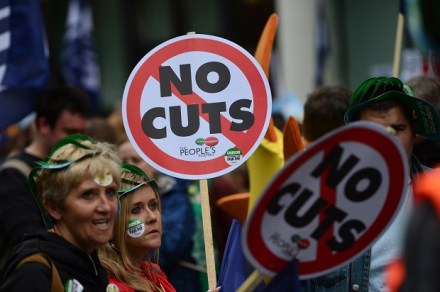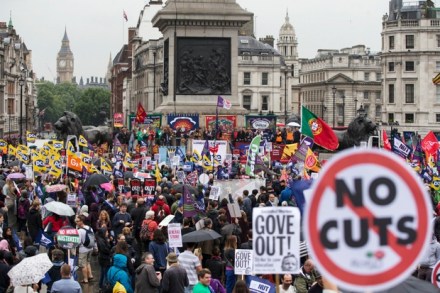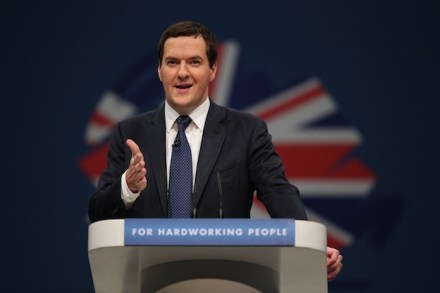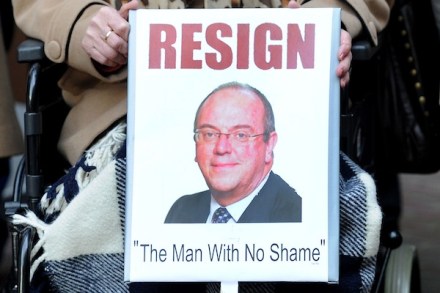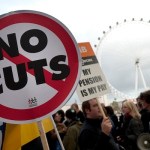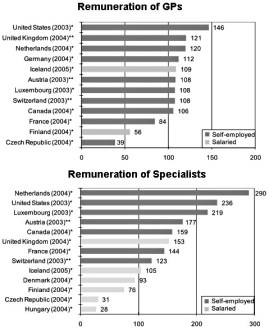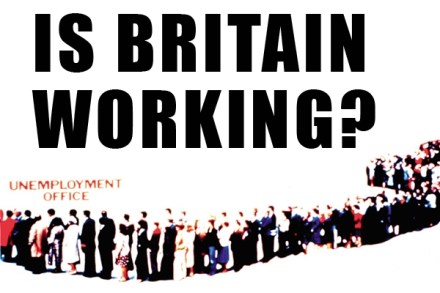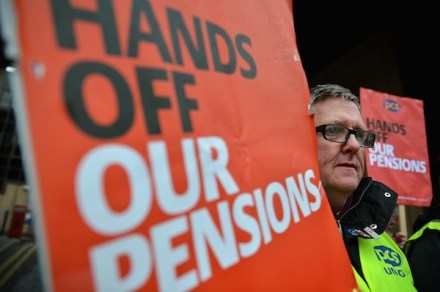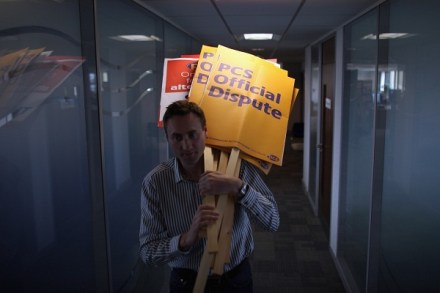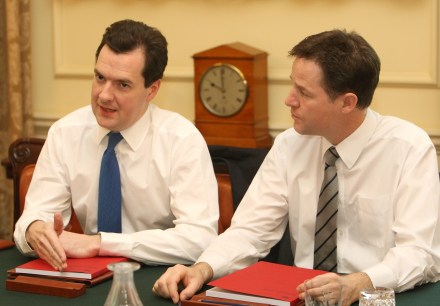Unions are harming their members’ interests with strikes
Industrial relations experts have said that the latest public sector strikes are unlikely to have any impact on government policy. I don’t think you have to be an ‘expert’ to reach that conclusion. The last time industrial action led to substantial demands being met was probably back in 1981, when the Thatcher government backed down over a planned programme of pit closures after an NUM strike ballot. And little wonder this was the last taste of success for strikes. Strikes do little but alienate people. The present set of demands – anger about a rise in the pension age for fire fighters from 55 to 60, a demand for substantially
